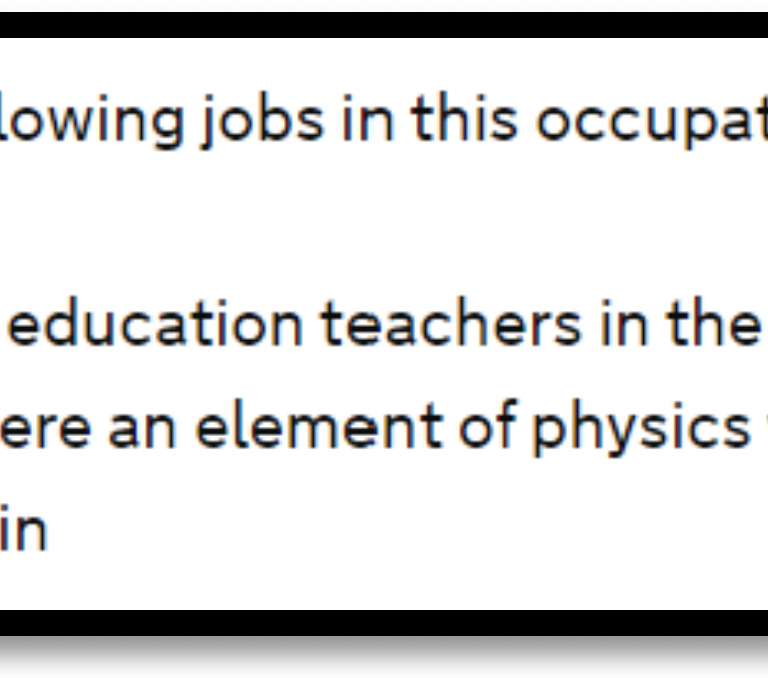What you need to know about hiring teachers from Australia and New Zealand
It is widely known there are a multitude of recruitment agencies offering schools and trusts teachers from New Zealand and Australia. When adhering to safer recruitment policies it is important to really understand the facts and what is required when appointing an overseas trained teacher.
1. Teaching Qualifications
Teachers from Australia, New Zealand and Canada can live and work in England for up to 4 years without holding QTS. This means that the teacher has completed their teaching degree and are classified as provisionally registered in their own country. By England standards they are classified as UQ (Unqualified) OTTs (Overseas Trained Teachers).Teachers from the above countries that have completed their induction year in their home country can apply for mutual recognition and gain QTS in England via an online application link at no cost.
You can read the official guidance on recruiting OTTs here. This book refers to the 4 year rule and the types of schools this applies to. Beyond 4 years, a teacher would need to gain QTS via the Assessment Only Route through an approved provider.
2. Visas and right to work in England
Most teachers arriving in England to teach will be able to apply and pay for their own Tier 5 Visa (provided they are under the age of 31) and were born in NZ, Australia or Canada. This visa allows the teacher to live and work in England for 2 years. The visa itself costs the individual £244 and they must also pay for the immigration healthcare surcharge (IHS) currently £600. The individual must also prove they have £1890 in savings to provide for themselves upon arrival in England.Some teachers may have access to a British Passport, UK or EUU Ancestry. In these cases, they can live and work in England without having do the above and they are not limited to 2 years. These scenarios are rare as the Tier 5 visa is the most common avenue for a teacher to live and teach in England.
Currently many schools are hiring STEM teachers on Tier 2 visas. Particularly now that there is a program in place with the DfE to recruit and retain shortage occupation teachers.
Currently this includes:

In this situation, the Trust or hiring School needs to hold a Sponsorship License and be willing to Sponsor the overseas trained teacher. Usually, teachers that fall into this category are over the age of 31 and would have trained and taught in the USA, Canada, New Zealand, Australia, Jamaica or South Africa.
This visa comes at a large cost to the candidate and it’s a huge commitment. The visa itself costs £464 (shortage occupation) and £610 (other subjects) provided the 28 day labour market testing has been conducted by the employer. Again, the immigration health surcharge (IHS) of £600 per application and their dependants is payable at the time of application as well as proof of savings for 90 days (£945).
If your school or trust is looking to apply for a Sponsor License you can find the official guidance here.
There is a business helpdesk and hotline too:
E: businesshelpdesk@homeoffice.gov.uk or the hotline on 0300 123 4699.3. Compliance and Paperwork
You can expect your agency to provide you will complete vetting paperwork including and not limited to;
- Full teaching CV with no gaps
- A minimum of two teaching references within the last two years
- Relevant overseas police checks
- Relevant teaching qualifications
- Proof of identity and address
- Passport and entry clearance and visa (BRP Card)
- DBS if on agency contract (this is the school’s responsibility if you appoint on school contract)
- List 99 check if required
Our next blog post will cover how to interview teachers by Skype or through Point to Point Education’s well known FIFO (Fly In Fly Out) Recruitment Weeks. This is where our team will host you in NZ or Australia to interview our candidates face to face.
Take a look at Sue Croft’s experience of recruiting in Australia for her school in Oxford.
https://www.youtube.com/watch?v=y9X7iioPRQY&feature=youtu.be

The Impact of Finder’s Fees on Teacher Recruitment: Are They Worth the Cost?
Recruiting and retaining top teaching talent is one of the biggest challenges facing schools today. With an ongoing teacher shortage and increasing financial pressures, many schools turn to supply agencies…
Read More
Teaching in Melbourne: Your Ultimate Guide to a Rewarding Career
Why Teach in Melbourne, Australia? Melbourne is consistently ranked as one of the world’s most liveable cities. Known for its vibrant culture, thriving arts scene, and renowned coffee culture, it…
Read More
